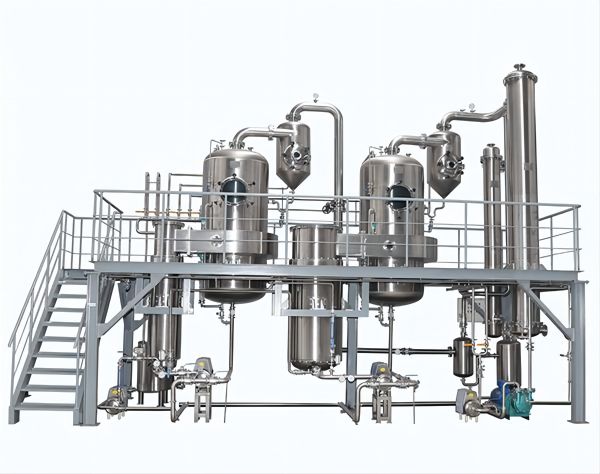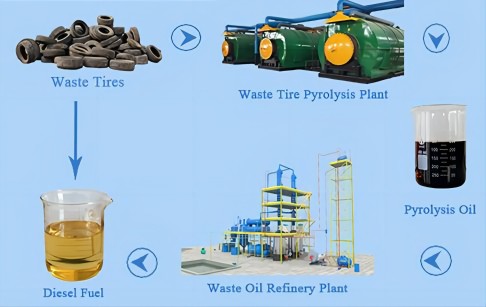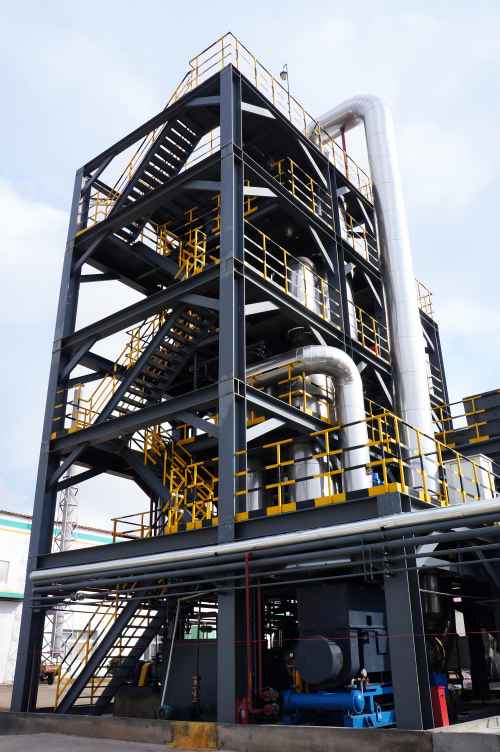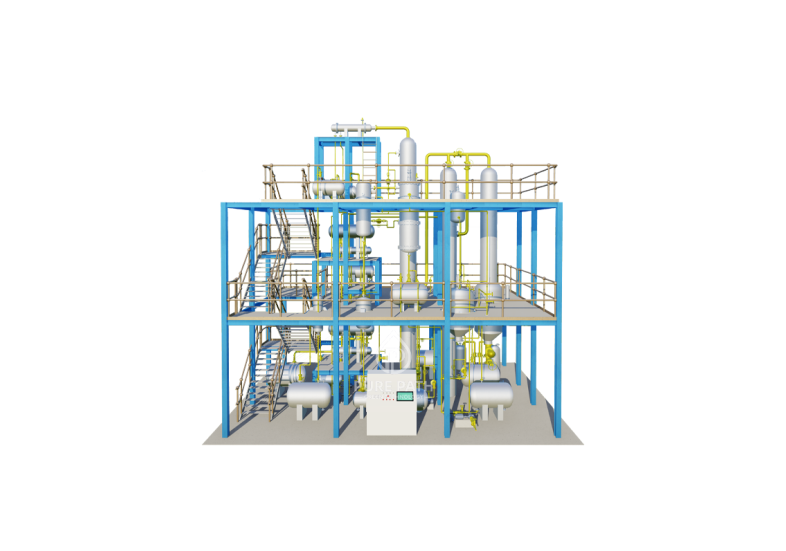The Life Cycle of Motor Oil: From Production to Disposal and Recycling
Motor oil, an essential lubricant for internal combustion engines, plays a crucial role in maintaining the smooth operation of vehicles and machinery. However, the lifespan of motor oil is limited, and as it accumulates impurities during usage, it becomes classified as waste motor oil. Proper disposal and recycling of waste motor oil are essential to protect the environment from contamination and conserve valuable resources. This article delves into the journey of motor oil, from its production to its disposal and recycling processes.

The Generation of Waste Motor Oil: A Multifaceted Source
Waste motor oil, also known as used motor oil or lubricating oil residue, is primarily generated from two main sources: the automotive sector and the industrial sector. In the automotive sector, waste motor oil is produced during routine oil changes and maintenance operations of automobiles, motorcycles, trucks, and other vehicles. As engine oil circulates within the engine, it picks up impurities and contaminants, rendering it less effective over time.
The industrial sector contributes to the generation of waste motor oil through the use of machinery and equipment in manufacturing, power generation, and other industrial activities. These machines and equipment rely on lubrication to minimize friction and wear, resulting in the production of waste motor oil.
The Fate of Waste Motor Oil: Proper Disposal and Environmental Concerns
Waste motor oil, if not managed properly, can pose serious environmental threats. Improper disposal practices, such as pouring used oil down drains or dumping it on the ground, can lead to soil and groundwater contamination. Oil spills and leaks can also contaminate waterways, harming aquatic ecosystems. Moreover, burning waste motor oil releases harmful pollutants into the air, posing health risks to both humans and wildlife.
To prevent these adverse environmental impacts, it is essential to properly manage waste motor oil. Designated collection centers play a critical role in gathering waste motor oil from individuals and businesses, preventing improper disposal. These collection centers then transport the collected waste motor oil to specialized recycling facilities.

Recycling Waste Motor Oil: A Sustainable Solution
Waste oil recycling plants employ a series of processes to recover and transform used motor oil into reusable products. These processes can be broadly categorized into three main stages: collection and transportation, physical separation, and chemical treatment.
1. Collection and Transportation
The first step in recycling waste motor oil involves its collection from various sources, including automotive service stations, industrial facilities, and commercial establishments. Specialized trucks or rail tankers are then employed to transport the collected waste motor oil to recycling plants.
2. Physical Separation
Upon reaching the recycling plant, waste motor oil undergoes physical separation processes to remove solid contaminants and impurities. Sedimentation allows heavy particles to settle to the bottom, while centrifugation utilizes high-speed rotation to force heavier impurities to the bottom, leaving cleaner oil behind. Fine-mesh filters further remove remaining impurities, ensuring the quality of the recovered oil.
3. Chemical Treatment
Chemical treatment processes enhance the quality of the recovered oil by neutralizing acids and bases, eliminating odors, and adjusting the color to meet industry standards. Neutralization prevents corrosion and improves oil quality, while deodorization removes unpleasant odors. Color correction ensures that the recycled oil matches the color specifications for various applications.
4. Re-refining: Transforming Waste into New Products
The final stage of waste motor oil recycling involves re-refining, a process that transforms the recovered oil back into base oil, which can be used to produce new lubricating oils. Re-refining encompasses distillation, hydrotreating, and blending.
Distillation separates the waste motor oil into fractions based on boiling points, allowing for the removal of impurities and the isolation of desired oil components. Hydrotreating utilizes hydrogen to further remove impurities and improve the oil’s quality, making it suitable for use in lubricating oils. Blending involves combining refined oil fractions to produce lubricating oils with specific properties tailored to different applications.
Recycled Motor Oil: A Valuable Resource
Recycled motor oil offers a sustainable alternative to virgin oil production, reducing the demand for petroleum resources and minimizing environmental impacts. Recycled motor oil can be used to produce a variety of products, including:
- Lubricating oils: Recycled motor oil can be used to produce new lubricating oils for various applications, including automotive, industrial, and marine use. These recycled lubricating oils offer comparable performance to those produced using virgin oil.
- Fuel oils: In some cases, recycled motor oil can be processed into fuel oils for various applications, including heating oil and industrial fuel. Blending recycled motor oil with virgin fuel or direct use in certain applications can reduce the reliance on fossil fuels.
- Other products: Recycled motor oil can also serve as a raw material for various other products, such as asphalt, dust suppressants, and industrial solvents. This diversification of applications further expands the value of recycled motor oil.

Conclusion
The journey of motor oil, from its initial production to its eventual disposal, presents a complex and multifaceted challenge. Improper disposal of waste motor oil can lead to severe environmental consequences, while proper management and recycling offer a sustainable solution. By implementing effective collection, treatment, and re-refining processes, we can transform waste motor oil from an environmental threat into a valuable resource. Recycling not only reduces the demand for petroleum resources but also mitigates the environmental impacts associated with improper disposal. Moreover, recycled motor oil products offer comparable performance to those produced from virgin oil, making them a viable and sustainable alternative. As we strive towards a more environmentally conscious future, embracing waste motor oil recycling is a crucial step in minimizing our environmental footprint and conserving precious natural resources.







